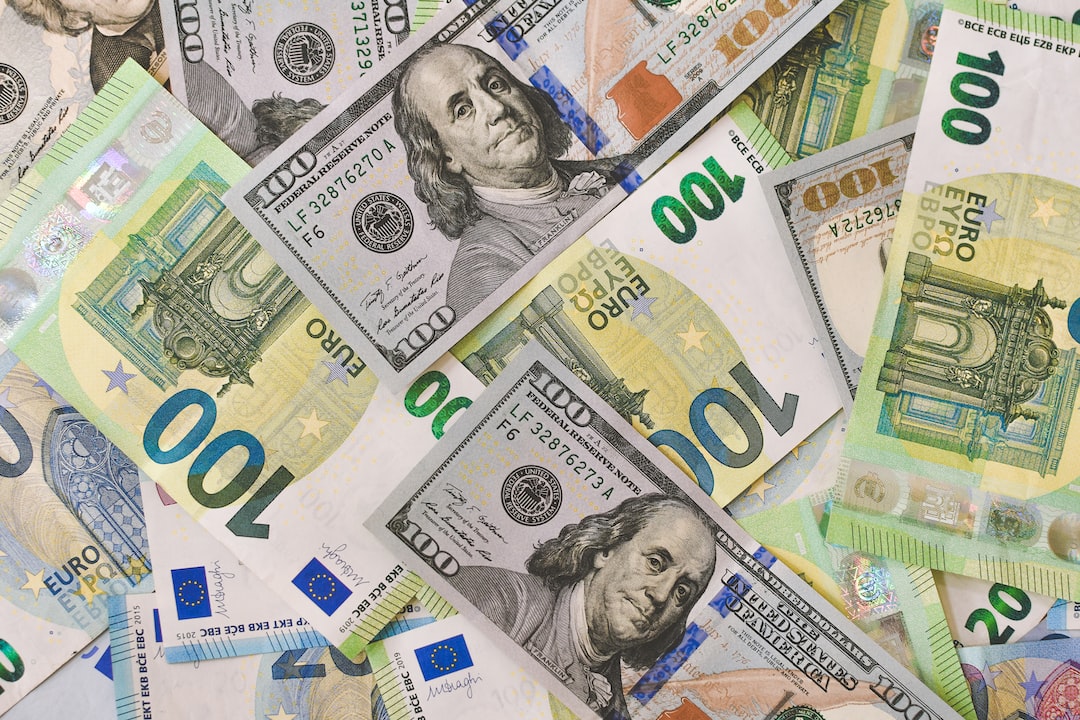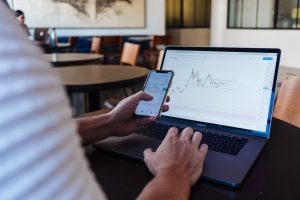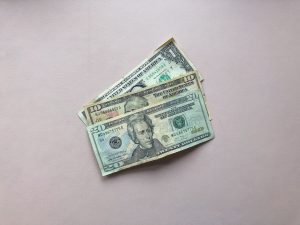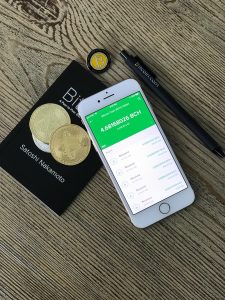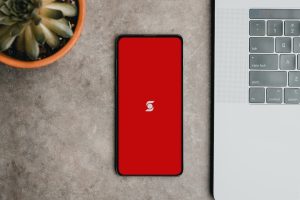Forex trading is the act of buying and selling currencies in order to make a profit. The forex market is the largest financial market in the world, with an estimated daily turnover of over $5 trillion. Unlike other financial markets, forex trading operates 24 hours a day, five days a week. In this article, we will discuss how forex trading makes money.
Firstly, the forex market is a speculative market. This means that traders are buying and selling currencies with the hope of making a profit from the price movement. The price of a currency is affected by various factors such as economic and political events, interest rates, and global trade. Traders use technical and fundamental analysis to predict the direction of the price movement, and place trades accordingly.
For example, if a trader believes that the US dollar will appreciate against the euro, they will buy dollars and sell euros. If the price of the dollar does go up as predicted, the trader can sell their dollars for a profit. Alternatively, if the price of the dollar goes down, the trader will incur a loss.
Secondly, forex trading allows traders to use leverage. Leverage is a tool that magnifies the potential profit or loss of a trade. In forex trading, traders can borrow money from their broker to open larger positions than they would be able to with their own capital. For example, if a trader has $1,000 in their account and uses a leverage of 1:100, they can open a position worth $100,000. This means that if the trade is successful, the trader can make a profit of $1,000 (assuming a 1% price movement). However, if the trade is unsuccessful, the trader can incur a loss of $1,000.
Leverage can be a double-edged sword. While it can increase the potential profit, it also increases the potential loss. Traders should be careful when using leverage, and only use it if they have a clear understanding of the risks involved.
Thirdly, forex trading allows traders to make money from the difference between the bid and ask price. The bid price is the price at which a trader can sell a currency, while the ask price is the price at which they can buy a currency. The difference between the bid and ask price is known as the spread. The spread is how brokers make money from forex trading.
For example, if the bid price for EUR/USD is 1.2000 and the ask price is 1.2005, the spread is 0.0005 (or 5 pips). This means that a trader who buys EUR/USD at the ask price of 1.2005 will immediately incur a loss of 5 pips, as they can only sell the currency at the bid price of 1.2000. Therefore, traders need to make a profit of at least 5 pips to break even on the trade.
Lastly, forex trading allows traders to make money from rollover interest. Rollover interest is the interest paid or earned for holding a currency position overnight. The interest rate differential between two currencies is the basis for rollover interest. If the interest rate of the currency being bought is higher than the interest rate of the currency being sold, the trader will earn rollover interest. If the interest rate of the currency being sold is higher than the interest rate of the currency being bought, the trader will pay rollover interest.
For example, if a trader buys AUD/JPY and holds the position overnight, they will earn rollover interest. This is because the interest rate of the Australian dollar is higher than the interest rate of the Japanese yen. The amount of rollover interest depends on the size of the position and the interest rate differential.
In conclusion, forex trading can be a profitable venture if done correctly. Traders can make money from the price movement, leverage, spread, and rollover interest. However, forex trading also carries a high level of risk, and traders should only invest what they can afford to lose. It is important for traders to have a solid trading plan, risk management strategy, and discipline to succeed in forex trading.

